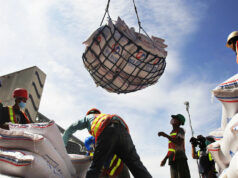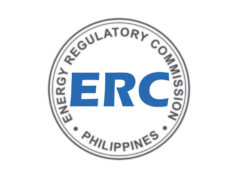THE International Fund for Agricultural Development (IFAD) has signed a financing agreement with the Philippines supporting a poverty-reduction and income-raising program covering 20 of the poorest provinces in Mindanao and the Eastern Visayas.
“To boost the rural economy and reduce poverty in rural areas, it is important that agribusiness enterprises drive a process of inclusive rural transformation, creating market opportunities for smallholder farmers as well as jobs for other disadvantaged rural people,” Alessandro Marini, IFAD country director for the Philippines said in a statement.
This agreement was signed by Gilbert F. Houngbo, President of IFAD, and Finnce Secretary Carlos G. Dominguez III by correspondence last week.
The Rural Agro-enterprise Partnerships for Inclusive Development and Growth (RAPID) is worth $95.1 million. Of this, $62.9 million will be provided by IFAD through a loan, as well as a $2.5 million grant.
The Philippines will co-finance $10.8 million, while $12.4 million will be provided by domestic financial institutions, $2.8 million by private sector partners, and $2.1 million by the beneficiaries. The source of the remaining $1.6 million will be determined later on.
The main goal of the project is to increase incomes of farmers and generate employment in some provinces.
“The project aims to do this by creating the conditions for the sustainable development of micro and small enterprises in specific agricultural commodity chains (cocoa, coffee, processed fruit and nuts, and coconut),” IFAD said.
IFAD noted that although the Philippines is a lower middle-income country, more than 20% of Filipinos are below the poverty line, with high incidence in rural areas where agriculture is the main source of income for most people. Rural areas tend to be behind growth and have high rates of underemployment since farmers have no access to capital, knowledge and technology, and often limited market access. Such people also have few alternative sources of income and limited access to financial services.
“The project will support the development of inclusive, sustainable and resilient commodity chains, providing farmers and agribusinesses with a range of services, including access to finance and business and technical advisory services, as well as key economic infrastructure such as farm-to-market roads,” Mr. Marini added.
In late 2018, IFAD committed to invest $63.5 million to support agriculture-based micro and small enterprises in 20 provinces across the Eastern Visayas and Mindanao.
Since 1978, IFAD, an agency of the United Nations, has financed 16 projects in the Philippines, reaching 1.8 million households in rural areas. — Vincent Mariel P. Galang



